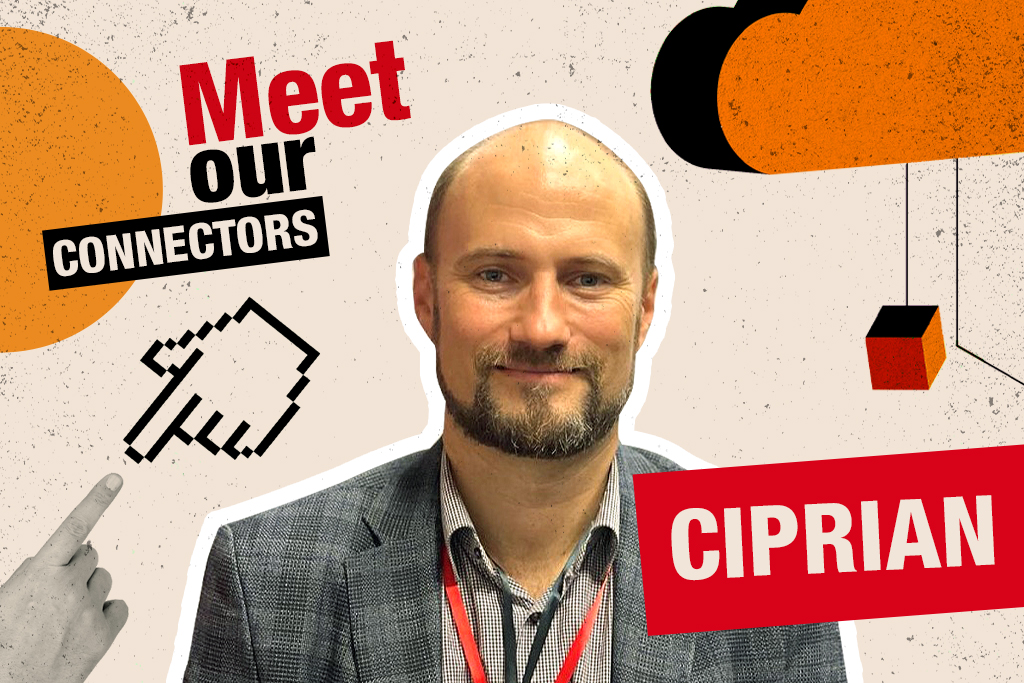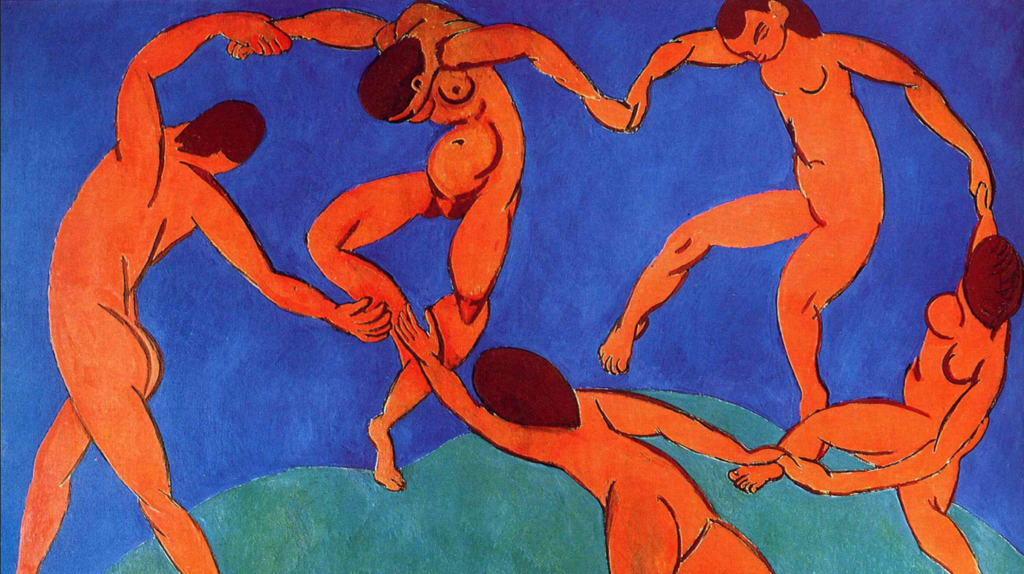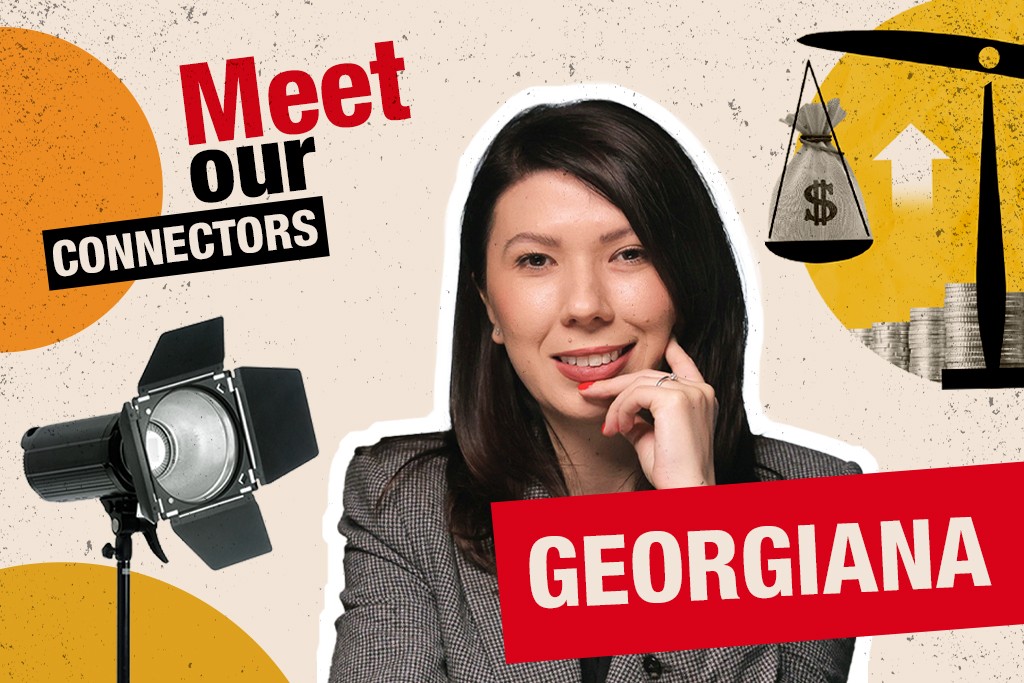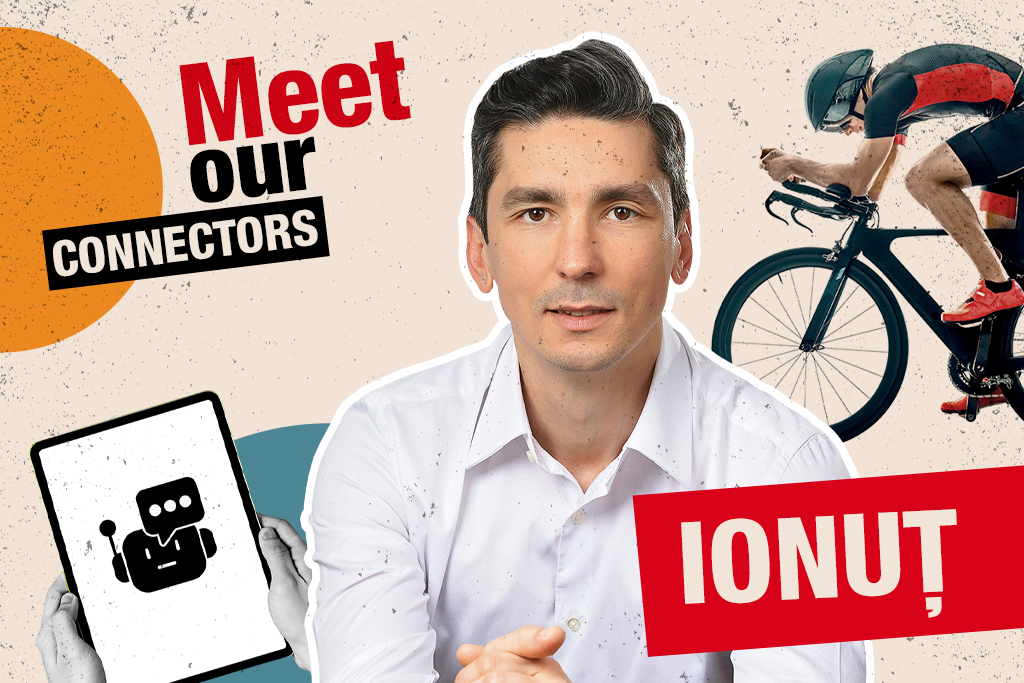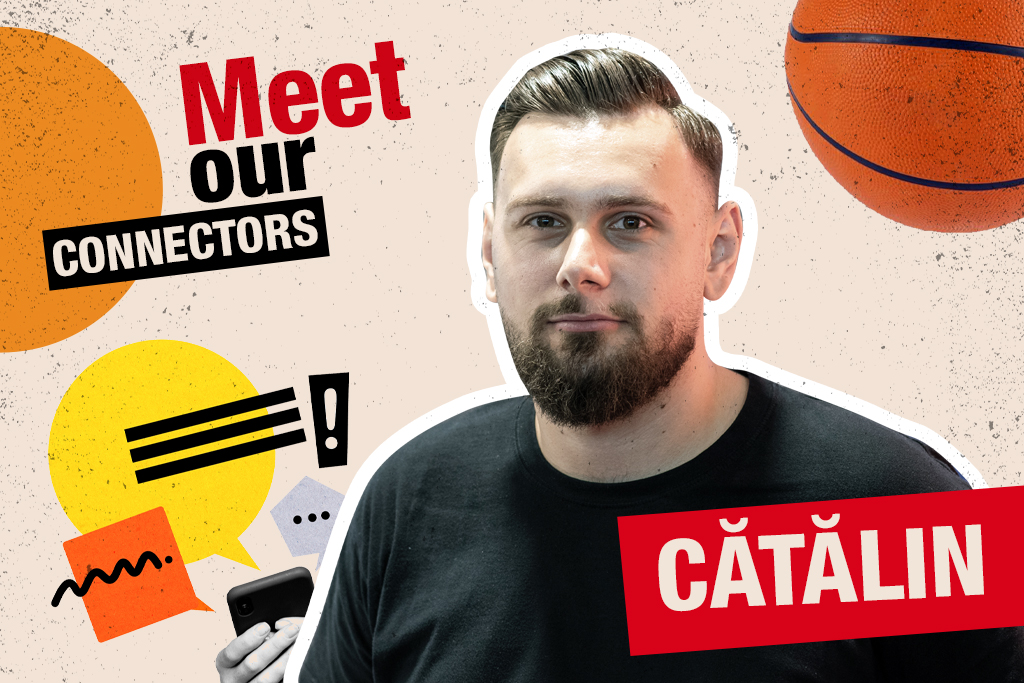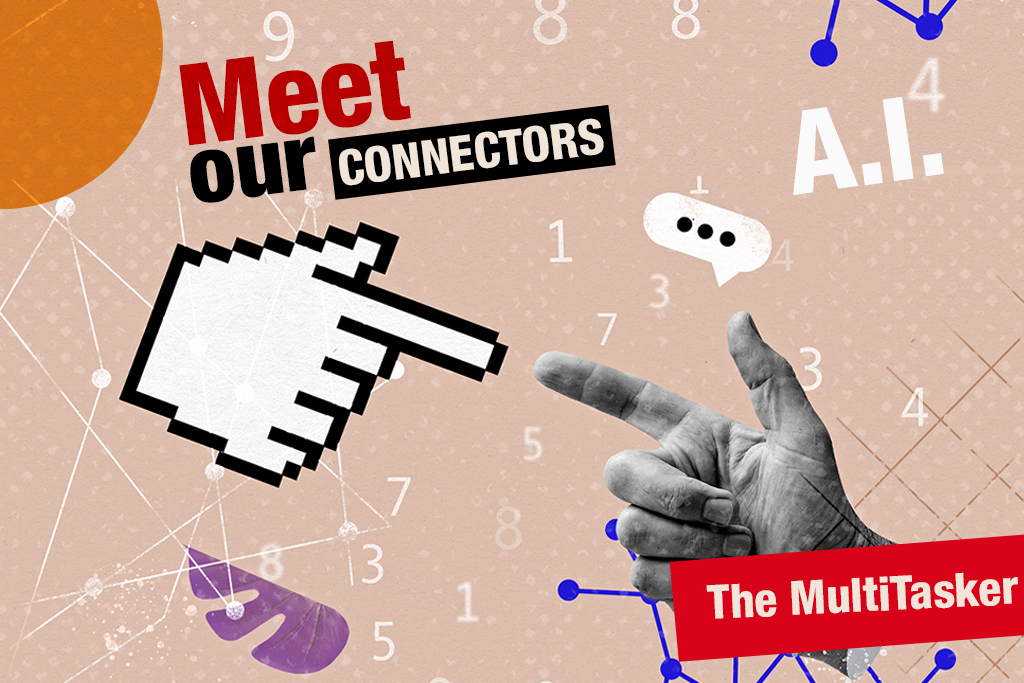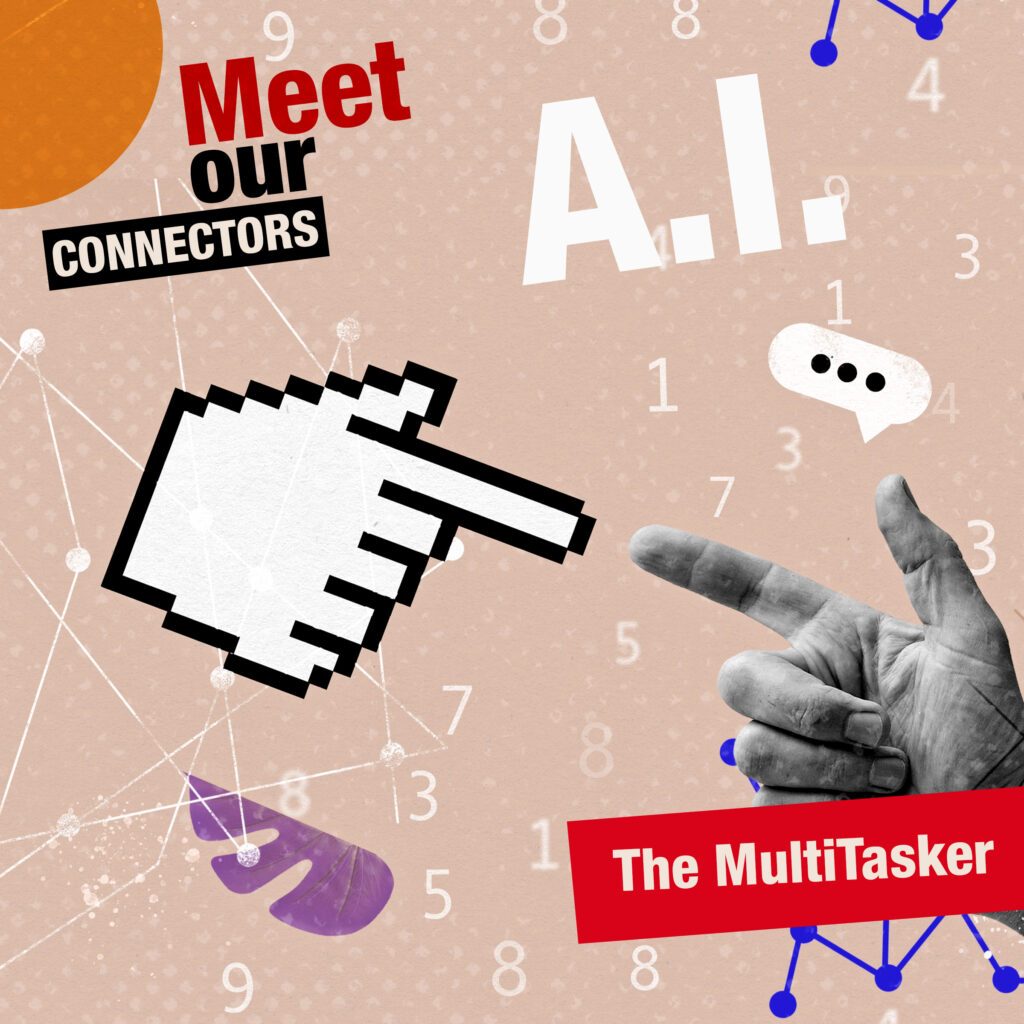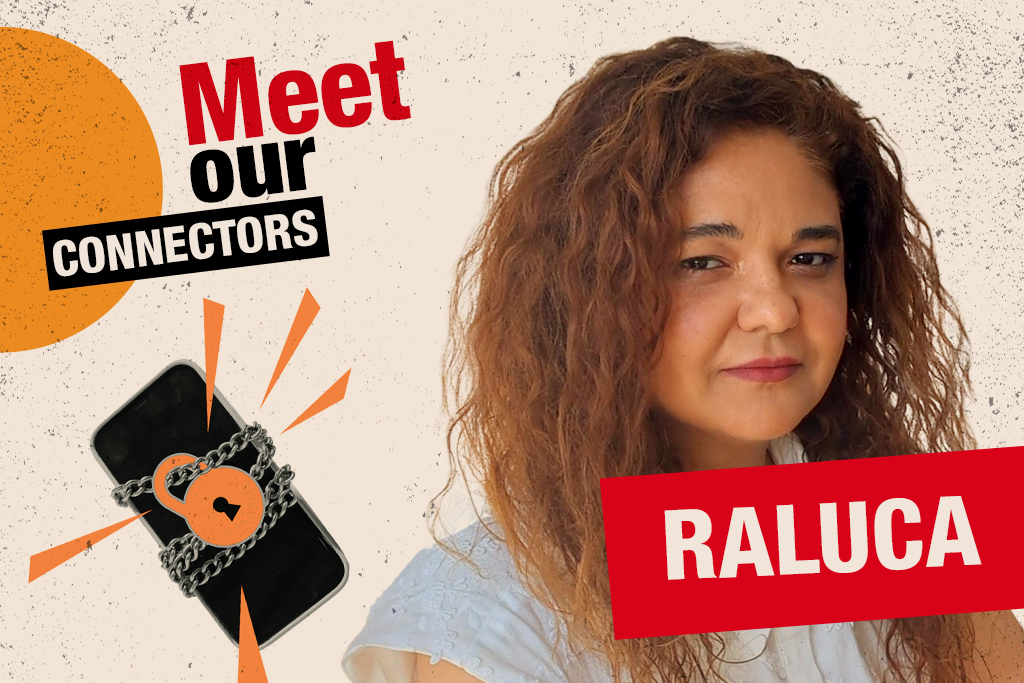
Ikigai. Raison d’être. Meaning. Lagom. No matter the language in which they are spoken, they all lead to the theory of happiness and grounding your actions in a sense that fulfills you.
For Raluca Surdu, Financial Controller in the Connections team, the philosophy of Ikigai is complemented by a few personal pillars: courage and the ability to adapt. It’s understandable, then, why she is considered the “incurable optimist,” even though she has been working here for less than a year (October 2023).
And if we quote the description she gives of herself, everything becomes even clearer: “A combination of traits and preferences,” she says: “seriousness and jokes, work and fun, ambition and relaxation.”
And yet, where does all this optimism come from when, as we know, people in finance have a strong grounding in mathematics, in concrete data, in facts?
Passions and main interests: ECONOMY RELATED
Details about the professional Raluca Surdu: She has been working with numbers for over 15 years in companies in Romania, where she has gained a high level of expertise.
Her interests?
Related to Inflation: inflation rates and their impact on savings, central bank policies, and consumer behavior.
Related to Fintech Innovations: advances in financial technology, digital banking services, payment systems, and digital financial services.
Related to Mergers & Acquisitions (M&A): trends in corporate consolidation and strategic partnerships.
However, her role in the CC team is extensive, as she has a deep understanding that mathematics is a resource that helps people grow healthily, plan, estimate, and prevent risks, as well as choose the best solutions to maintain balance in business and contribute to everything that defines the plus sign (+).
“Beyond and adjacent to the official function in my email signature, I believe I am the person who motivates a team and keeps morale high. I strive to keep the role of expert relevant so that I can be a valuable resource for the other team members. I bring new solutions/ideas for problem-solving and help my colleagues feel understood and appreciated, providing emotional support when they need it,” Raluca shares.
Tech? Always, but in moderation
She believes that the character who perfectly symbolizes the concept of digitization is the famous Hatsune Miku, a virtual idol created through software, representing the best intersection of technology and entertainment.
Although, like anyone in the IT industry, she fully appreciates all the virtues of technology, Raluca possesses the wisdom to use it in moderation.
“On a personal level, I don’t use technology excessively, but at a standard level: internet and smartphone. I use it selectively where I know it can provide me with comfort and mobility, such as ridesharing apps, navigation through Google Maps, and internet access for study and entertainment.”
IT topic for public debate: blockchain & cryptocurrencies
The fact that empathy is a key word for Raluca is evidenced by the topic she would propose for public debate. Rooted in technology and manifesting in the digital realm, her perspective relates to the broader audience interested in the subject, focusing on the legislation and education that can protect people. Raluca believes that more than an industry debate on a specific topic, a public debate aimed at a wider audience would be beneficial.
Here are the main reasons cited by our colleague regarding this topic:
- Safety and protection:cryptocurrencies and blockchain-based transactions are susceptible to fraud, phishing, and other security risks. Understanding how these technologies work helps individuals protect their personal data and avoid online traps.
- Understanding technologies:cryptocurrencies and blockchain-based transactions are innovations that are transforming multiple industries, including finance and cybersecurity. Educating the public about how these assets function and the associated risks and rewards of this type of investment is more than necessary.
- Regulations and legislation:current regulations regarding these technologies are minimal and constantly changing. A basic understanding helps the public gain fundamental insight to actively participate in relevant decisions.
New in IT? Chill, it’s okay not to have a solid plan.
Regarding the IT careers of beginners, Raluca does not believe that impeccable planning is a prerequisite for success. “It’s okay not to have a well-established plan, especially when you’re young and unsure of what goals to set for yourself. You discover those along the way.”
Instead, it’s incredibly helpful to maintain an open mindset and allow yourself to experiment to find the right path.
“Always be curious and willing to learn. Don’t shy away from challenges or hesitate to accept new tasks. Every project is an opportunity to improve and, more importantly, to discover what you would enjoy doing in the long term and what you wouldn’t. Since change is a constant in the tech field, be flexible and ready to adapt to new demands.
I’m sure you’ve heard these things before, and at some point, they may sound cliché. However, their importance and relevance should not be overlooked just because they belong to the realm of common knowledge.
Don’t underestimate them, as they can make a difference in your daily life, and that growth means: evolution every day.”
—
If you’ve found interesting things to read in the MeetOurConnectors series, we’re glad to hear that and will continue it in 2025. We invite you to a new season of meetings with the amazing people from the CC team and those who will join us in the meantime.

